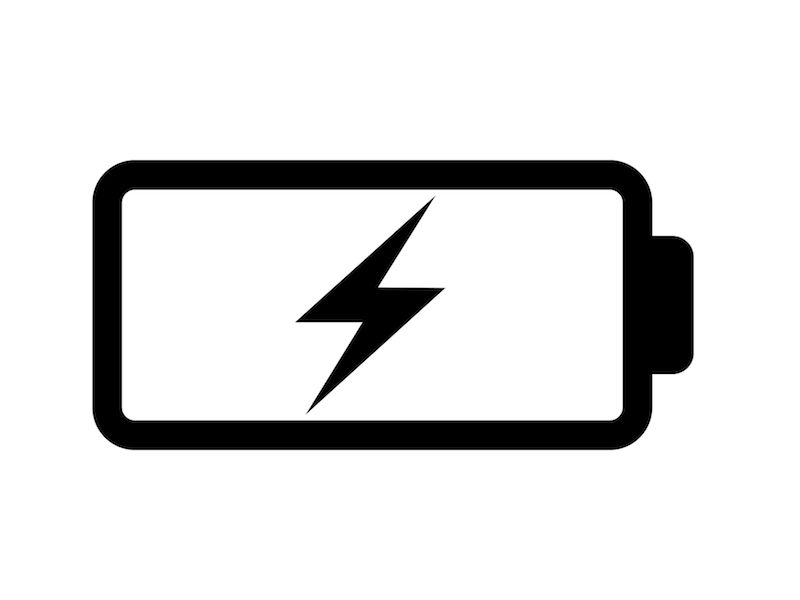
Stressing about losing battery power is something you shouldn’t have to do with rechargeable hearing aids, but when you rely on this technology, it may make you slightly anxious. Do rechargeable hearing aids work as well as marketed or do they even work at all?
The worry is understandable and so are the question you might have. A hearing aid is often a necessary element of one’s everyday life, as necessary for a quick trip to the grocery store as they are for the enjoyment of a movie or television show. When a piece of technology impacts so many facets of your life, it’s important that it work properly and reliably.
How Do I Know What Kind of Battery I Have?
Most modern hearing aids are equipped with rechargeable batteries by default, so if you bought your hearing aids recently it’s likely that your hearing aids will have one of two battery types. Silver-zinc batteries, which have a battery door on the back of the device, are rechargeable, but the batteries may need to be changed every so often. A Lithium-ion battery, however, will last for the duration of the life-cycle of the hearing device and, due to this, those devices will not have that telltale battery door.
Rechargeable Hearing Aids Need Special Care
For the most part, rechargeable hearing aids do work, and they work well. As battery technology has improved in the last several years, the reliability of these devices has increased significantly. In order to improve reliability, however, there are some maintenance measures users can take as they would with any other electronic equipment.
- Be Mindful of Wires: Most hearing aids will have a wire element of some kind, either on the hearing aids themselves or on the charging station. Most hearing aid users are counseled to be mindful of these wires; the connection that enables the device to charge can be damaged if you pull on or hold it by the wires.
- Keep Your Hearing Aids Dry and Clean: Your hearing aids will collect debris, dust, and moisture regardless of how often you use them. Any combination of these three elements can diminish the capacity of your battery and can interfere with charging as much as it needs. When connecting your hearing aid to your charging station, as with any other time, it’s crucial to keep your device clean.
- Keep Your Hearing Aids on The Charging Station: If your hearing aids have rechargeable batteries, you can extend your device’s battery life by making sure that you regularly store your hearing aids on their charging station. Charging a battery that is not fully drained does not reduce the long-term life of your battery. In fact, making sure that your hearing aids are charging when you’re not using them can actually boost your long-term battery life. A convenient reminder, for many people, to charge their device when not used, is to place the charging station on a table next to their bed.
How to Replace a Rechargeable Battery
If you have lithium-ion batteries, they will probably last as long as your device does. So replacing those batteries won’t be something you ever have to be concerned about. Your hearing aids can then be simply charged as long as necessary.
However, you will need to periodically replace the batteries if you have a hearing aid that uses silver-zinc batteries. The lifespan of your battery can be improved by changing them in the right way. As a result, the majority of people who use these hearing aids are counseled to:
- Five minutes before removing any tabs that may be attached let the batteries sit at room temperature.
- Make sure you have a dry, room temperature spot to keep your batteries.
- Clean and free of moisture is the state that your battery compartment should be kept in.
- Be sure you wash your hands before replacing your hearing aid batteries.
- Don’t remove any plastic tabs or packaging until you’re ready to use batteries.
Long Periods of Non-Use
If you are planning not to use your hearing aids for long amounts of time, leaving them on the charger may no longer be the best way to store your devices. Simply unplug your hearing aid and store it in a cool dry place if, for instance, you know you won’t be wearing them for a few weeks or a month.
Think about leaving the battery door open so you can stop moisture from corroding the batteries if you have silver-zinc batteries.
Keep it Charged Every Day
For most individuals, and for day-to-day use, charging your hearing aids once per day should be sufficient for all of your needs. A lithium-ion battery, for example, will typically require only 3-4 hours to charge sufficient battery power for a 24-hour period.
Do rechargeable hearing aids work? Not only do they work, but rechargeable hearing aids will most likely become a lot more common and reliable as the technology continues to develop. Schedule an appointment with your local hearing aid retailer to see all the different models